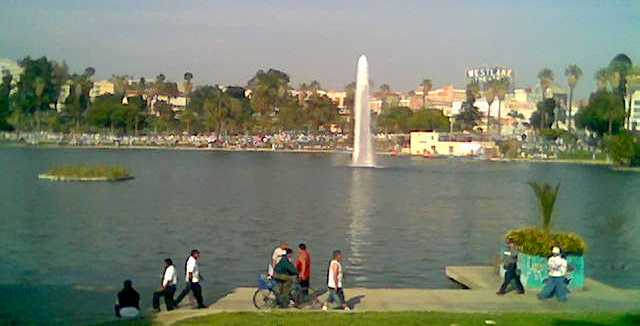Cosmic Fractures: Beatriz Cortez's Simultaneous Realities
March 24, 2016

In artist Beatriz Cortez's installations, cracks and crevices are a consistent clue to the fractured existence she has experienced in her life. Cortez's work is greatly impacted by her migration from El Salvador to the United States and the civil war she endured, escaped, and left behind. “All of my friends were being murdered. There was no way I could stay,” Cortez tells me as we walk through her Los Angeles area studio, which contains many Read more

